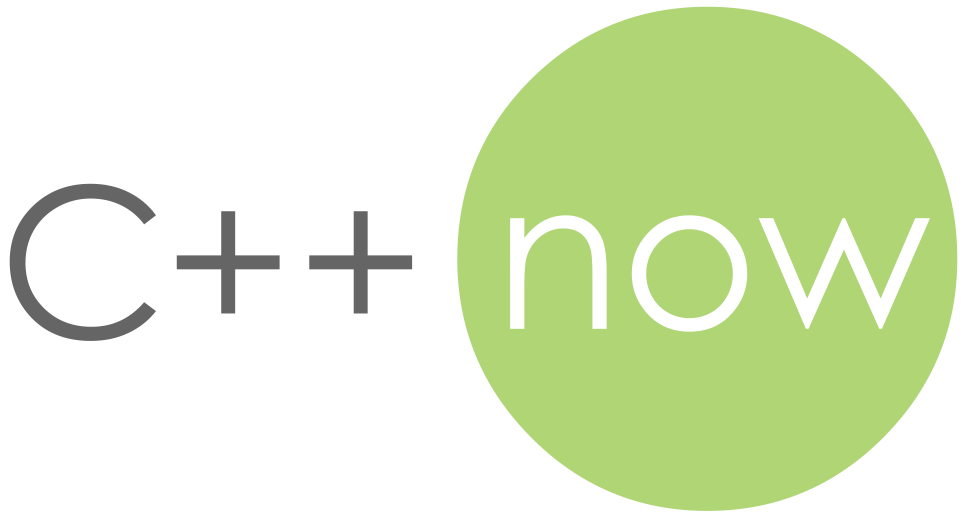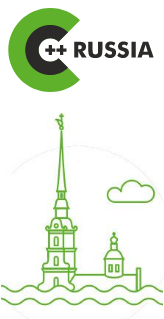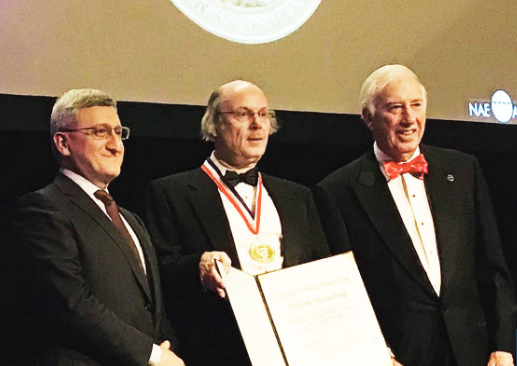C++ Exception Handling: The gory details of an implementation -- Peter Edwards
The gory details of an C++ exception handling implementation.
C++ Exception Handling Implementation
by Peter Edwards
Abstract:
Modern implementations of exception handling make the facility almost cost free for those times you don't actually end up throwing an exception. There's a big complexity cost to this, and a lot of work that happens when we step off the happy path. This presentation rolls up its sleeves and looks at what actually happens when you throw an std::exception() on modern Linux systems.


 Keynotes by Jon Kalb, Andrei Alexandrescu, Daveed Vandevoorde, talks by Herb Sutter, Dietmar Kühl, Arno Schödl and others, workshops by Rainer Grimm and Ivan Čukić.
Keynotes by Jon Kalb, Andrei Alexandrescu, Daveed Vandevoorde, talks by Herb Sutter, Dietmar Kühl, Arno Schödl and others, workshops by Rainer Grimm and Ivan Čukić. A few months ago, Bjarne Stroustrup received one of the most distinguished engineering prizes in the world: the
A few months ago, Bjarne Stroustrup received one of the most distinguished engineering prizes in the world: the